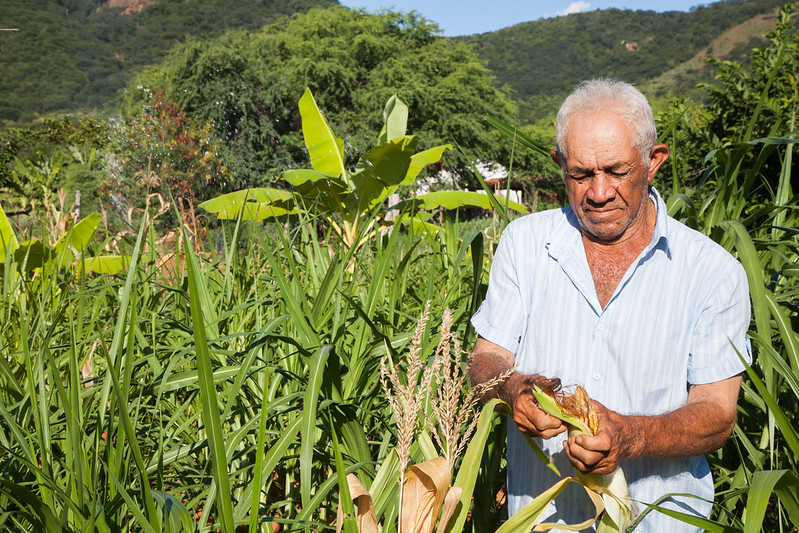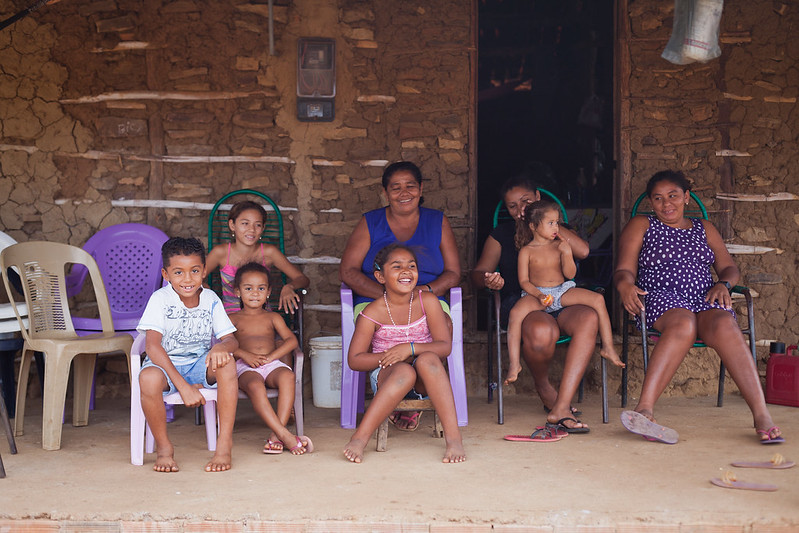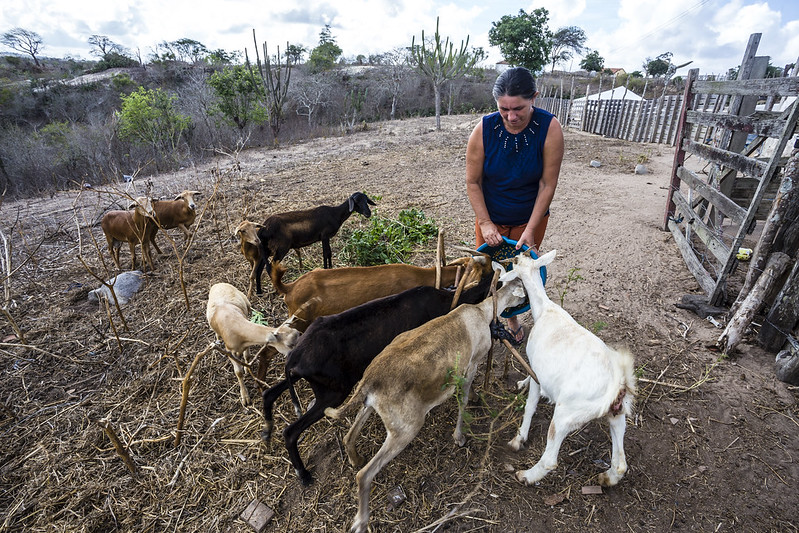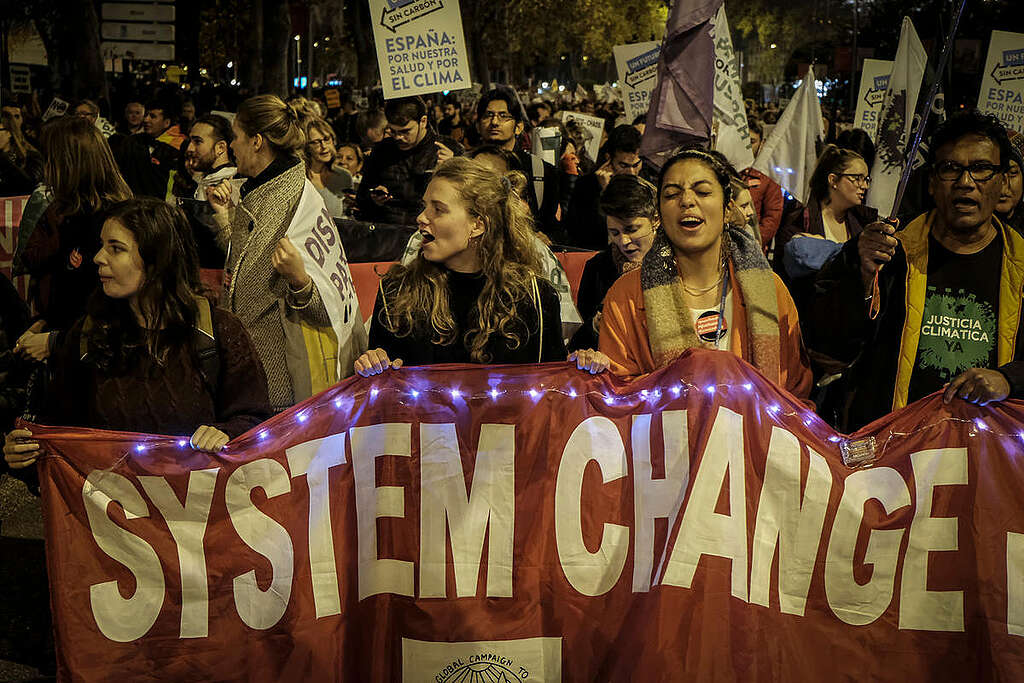Every day we see multiple crises unfolding on the news, with droughts, floods, fires, heatwaves, and biodiversity collapse, along with economic and social problems – while big business continues to rake in the profits of plunder. It’s difficult to see beyond this dire reality or even imagine a different path. But invisible revolutions are happening everywhere, in our cities, our neighbourhoods and our countryside – led by people like you, like us – who are challenging the current socioeconomic system and coming together to build a better future for their communities and themselves, despite challenging situations.
Their experiences don’t hit the headlines, but are very relevant to the question of how humankind can live in a modern world and counter the negative impacts of the neoliberal, capitalist system. These solutions – many of them coming from the global majority – can help us to reimagine an alternative future where we tackle inequalities and distribute power equally, so that everyone can live a healthy and dignified life.

The Brazilian Semiarid Articulation (ASA) is a network of more than 3,000 civil society organisations working across states in the country’s semi-arid region – an area four times the size of the United Kingdom and home to approximately 27 million Brazilians (12% of the population).[1] Brazil’s semi-arid region has dry-forests with immense biodiversity, but suffers from water scarcity, making it a hostile climate, long associated with environmental degradation, extreme poverty, drought and predatory landowning elites. Today, the largest share of the 33 million Brazilians going hungry across the country is concentrated in the northeastern states that make up the semi-arid region. Semi-arid ecosystems and the people dependent on them are especially vulnerable to climate change, and building ecosystem resilience has been highlighted as the best solution for adaptation.
“It was known as the region of miseries, of misfortunes, of hunger, of poverty, of the impossibilities,” said ASA Coordinator Cícero Félix dos Santos. The main mission of ASA is to create dignified lives for people, in balance with other living beings and the environment, by breaking with the “drought industry” which diverts public money to big business and impoverishes local people. It achieves this by bringing the forces of civil society together throughout the semi-arid region to articulate an alternative to this reality.
Instead of combating drought, the network instead opts to adapt through sharing goods and power throughout the network, rather than concentrating power in the hands of a few. This includes giving priority to adequate and healthy food, stocking supplies, using cisterns for water collection, native seeds, and active popular participation in the design of public policies, so that ASA “emerges to influence politically in a new perspective of involving people, guaranteeing rights and dignity of life in this region.”
 © Mauricio Pokemon/ASA
© Mauricio Pokemon/ASAWhere there is water, there is life
One of the greatest achievements of the ASA has been the installation of more than 1 million technologies for capturing, storing and managing rainwater over the last two decades. Such technologies have guaranteed a dignified life in a region where over centuries millions have died due to lack of water and food or contaminated water shared with animals – intervening in the pattern of mass migration to Brazil’s industrialised southeast. For Cícero, women, and especially young women, have been the biggest beneficiaries of the ASA network, with the installation of cisterns for collecting water.
“The women of that region lost around 20% of their lifetime carrying water on their heads,” he said. “Now that 20% is used to take care of themselves, take better care of their families, attend meetings and organise studying.”
Our common home: Our planet
ASA’s network is also taking care of the common environment of the semi-arid region, much of which is in disrepair after centuries of concentrated use by local landlords for monoculture crops and cattle farming.
“When we talk about the economy, generally, people think that the economy comes down to money and finance,” he said. “When in essence, economy is the art of taking care of our home, is the art of taking care of the common environment.”
“In our case, we have a great challenge, which is to take care of our common home, to take care of planet earth,” he added. “… So we need to advance this reading, this vision of the economy beyond financial, beyond monetary.”
 © Ana Lira/ ASA
© Ana Lira/ ASA
